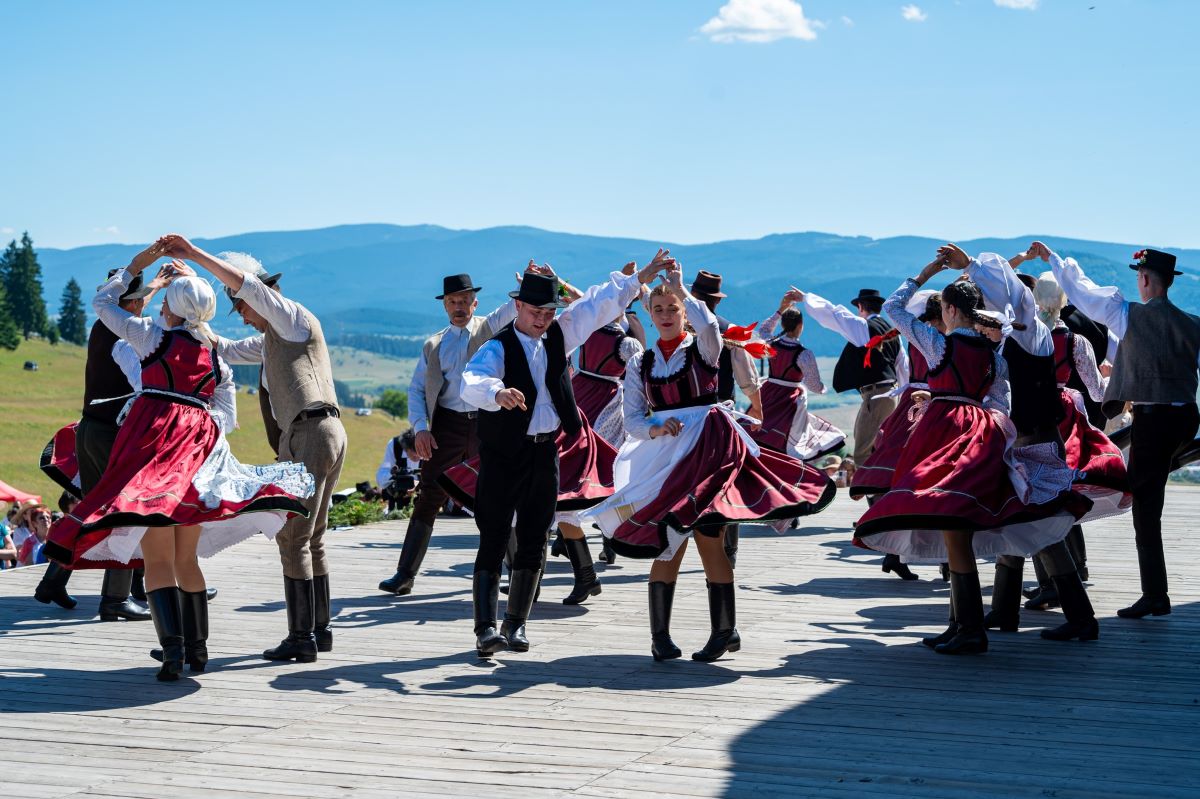
In the past two years, a total of 27 Hungarian theaters and 10 dance companies have been supported within the framework of the tender.Continue reading

Hungarian-language theater will be made available in some 60 Hungarian-inhabited settlements in Slovakia, Transcarpathia, Vojvodina, and Transylvania as part of the Borderless (Határtalan) sub-program of the Déryné Program, the Deputy State Secretary for Arts and Community Culture revealed on Monday.
Irén Novák, as a guest on Kossuth Radio’s Good Morning, Hungary! and M1 television channel, said the newly launched Borderless Program can help give young people a value judgement that will help them to live their Christian culture and Hungarian identity. She emphasized that it is important that Hungarian communities, wherever they live in the world, are strong, self-aware, self-identified and active, able to do something for their environment, their own communities, and others.
In recent years, several programs have been launched covering the Carpathian Basin, such as the Csoóri Sándor Program with a focus on folk dance and folk music, and now the Borderless Program, making Hungarian-language theater available in areas beyond the borders.
Currently, applications are invited from performing arts organizations from both the motherland and neighboring regions of indigenous Hungarian nationalities, as well as from people working in drama and experiential education.
We are looking for people and organizations who can implement these programs at the Carpathian Basin level, and then, in cooperation with the Rákóczi Association, we will look for the venues and other organizations to be involved – schools, kindergartens, NGOs, Hungarian communities,”
the Deputy State Secretary explained.
She said that applications for the Borderless program, scheduled to be launched at the end of spring, can be submitted via the program’s website, and applications will be continuously evaluated by experienced professionals with extensive experience in theater.
When applying, applicants will be asked to upload a short video of their performance to give the judges a broader picture of the productions, and interactive performances of Hungarian works and folk tales with dance and music will be given preference in the evaluation of applications, the Deputy State Secretary added.
Via MTI, Featured image: MTI/Vajda János